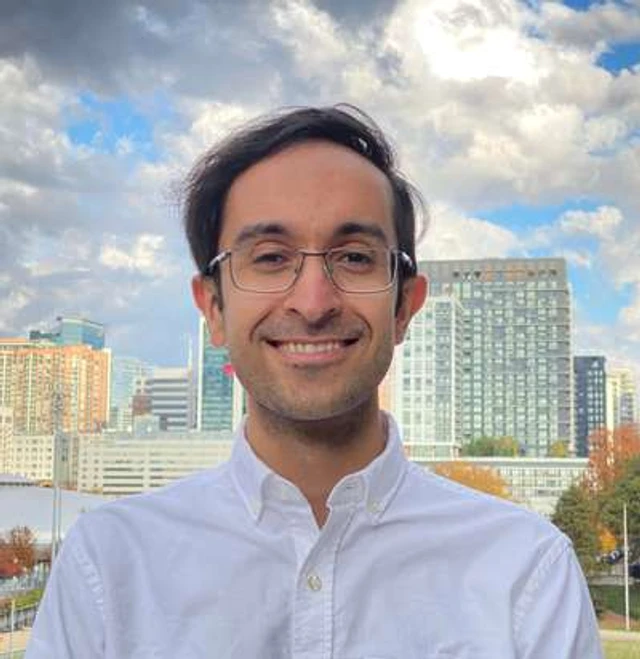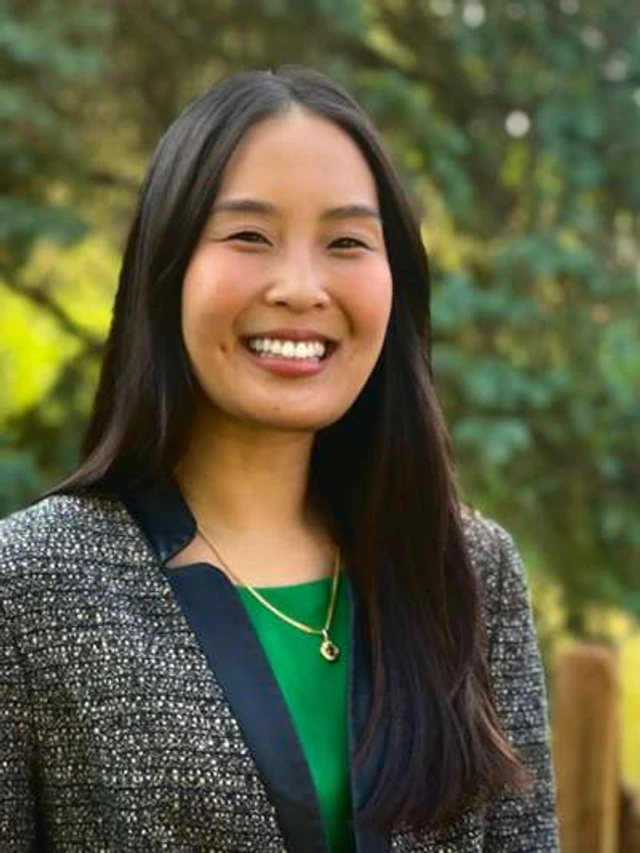
Preethy
PhD
Expertise
Biology, Microbiology, Molecular Biology, Biochemistry, Educational Equity, Social Justice, Organizational Leadership, Public Speaking, Gender Equality, Race Equality

Polygence mentors are selected based on their exceptional academic background, teaching experience, and unique ability to inspire the next generation of innovative thinkers and industry leaders.

Biology, Microbiology, Molecular Biology, Biochemistry, Educational Equity, Social Justice, Organizational Leadership, Public Speaking, Gender Equality, Race Equality

neuroscience, nervous system injury and regeneration, cell biology, genomics, bioinformatics,

Biology, Cancer Biology, Molecular Biology, Psychology, Scientific Writing, Research Methods

Population Genetics, Mutation, Evolution, Molecular Biology, Biology, Genetics, Molecular Evolution, Statistics, Mutation Accumulation, C. elegans, D. melanogaster, S. cerevisiae

Neuroscience, Alzheimer's disease, neurodegeneration, sleep disruption, synapse biology, tau pathology, sleep, memory, brain injury, psychology, traumatic brain injury, cognition, learning & memory

Applications of neuroimaging in understanding neurocognitive disorders, end-of-life care (i.e. hospice care), learning (from a neurobiological perspective), memory, the intersection of science and society (i.e. topics like nature vs. nurture)

Music, Marketing, Communications, Media Studies, Anthropology, Ethnography, Leadership, Administration, and Operations

Astrodynamics, orbital mechanics, spacecraft trajectory design and navigation, Aerospace Engineering, and robotics

Neuro-immunology, behavioral neuroscience, depression, antidepressants, Alzheimer’s, gut-brain axis

Data Science, Machine Learning, Deep Learning, Computer Vision, Large Language Models, Natural Language Processing, Cloud computing, Chemical Engineering, Thermodynamic modeling, Process Modeling

Neuroscience, Neurodegenerative diseases, Psychology, Cancer biology, Cancer therapeutics, Cellular & Molecular Biology, Scientific communication

developmental psychology, early cognitive development, early language acquisition, gesture and communication, theater and performance studies

Sport and Performance Psychology, Multicultural counseling, Counseling theories, Social psychology, Positive psychology, Mental health within disenfranchised communities, Wellbeing

Medicine, surgery, basic sciences, english, language arts, sociology, art history or fine arts